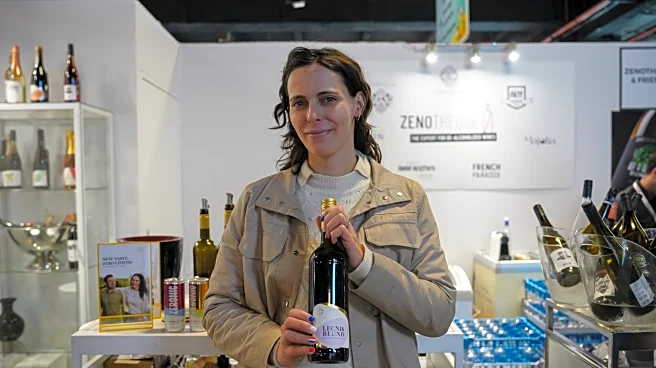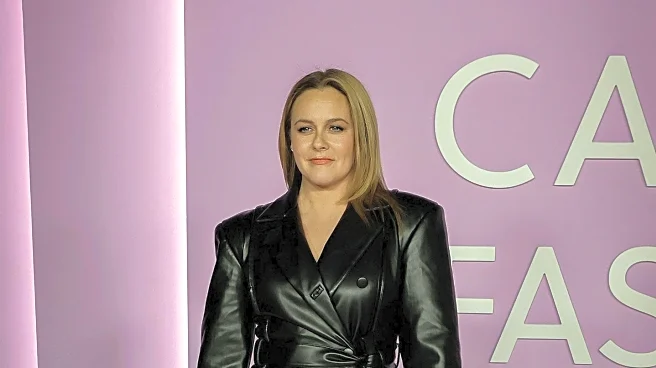Rapid Read • 8 min read
The luxury hospitality industry is experiencing a significant skills gap that threatens its ability to maintain high standards of service. Franck Arnold, Managing Director and Regional Vice-President of The Savoy, highlights the need for proactive measures to address this issue. Despite the recovery from the global pandemic and Brexit, the industry continues to struggle with a shortage of skilled professionals, particularly in guest-facing roles and management positions. Traditional hospitality education is failing to equip future leaders with the necessary practical experience and emotional intelligence required for effective leadership. To combat this, The Savoy is collaborating with Regent’s University London to develop courses that integrate theory and practice, aiming to prepare candidates for leadership roles in the luxury hospitality sector.
AD
The skills gap in the luxury hospitality industry has far-reaching implications for its competitiveness and reputation. As new luxury properties emerge, the demand for skilled professionals intensifies, potentially compromising service quality and customer satisfaction. Addressing this gap is crucial for sustaining the industry's growth and maintaining its competitive edge. By investing in education that combines practical experience with theoretical knowledge, the industry can cultivate leaders who are well-equipped to navigate complex challenges and drive success. This approach not only benefits individual organizations like The Savoy but also strengthens the overall luxury hospitality sector, ensuring it continues to thrive in a competitive market.
The Savoy and Regent’s University London are pioneering educational programs designed to bridge the skills gap in luxury hospitality. The Luxury Hospitality Management undergraduate degree program launched in January, offering an apprenticeship model that integrates theory and practice. Additionally, a part-time Luxury Hospitality Management MA will be introduced later this year to accelerate the careers of existing professionals. These initiatives aim to remove barriers to advancement and foster a culture of continuous learning within the industry. By equipping future leaders with the necessary skills and experiences, the luxury hospitality sector can secure its future and maintain its reputation for excellence.
The skills gap in luxury hospitality highlights broader issues in traditional education systems, which often prioritize theoretical knowledge over practical experience. This development underscores the importance of experiential learning in preparing individuals for real-world challenges. Furthermore, the emphasis on emotional intelligence and adaptability reflects a shift towards valuing soft skills in leadership roles. As the industry evolves, there is potential for these educational models to influence other sectors facing similar challenges, promoting a more holistic approach to professional development.
AD
More Stories You Might Enjoy











